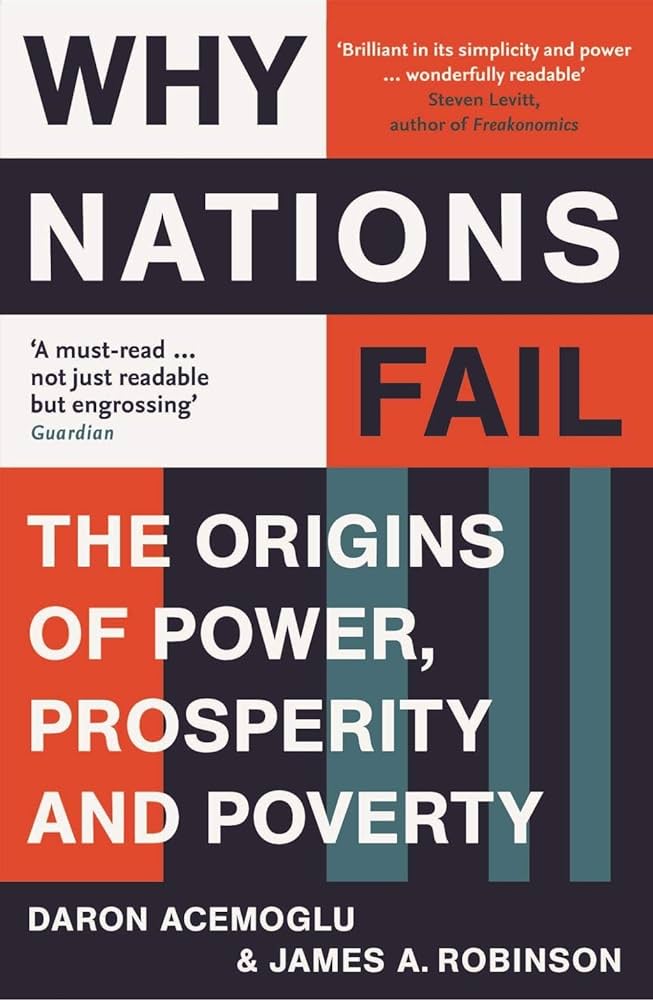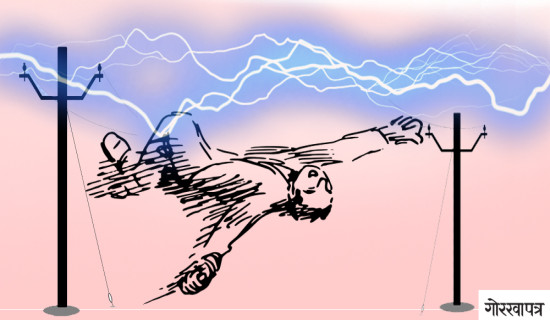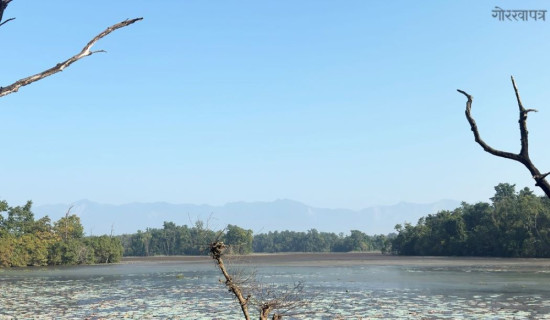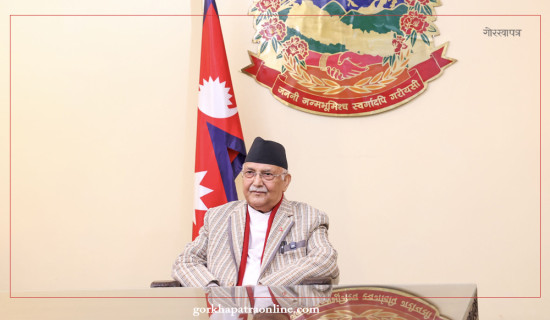- Friday, 23 May 2025
Book Review
'Why Nations Fail'
- Asmita Khanal
The book ‘Why Nations Fail’ by Daron Acemoglu and James A. Robinson is a great read for me as it includes the histories of most of the countries from their origin to today’s century. It includes different factors like political, economic, and peace factors which are responsible for the success and failures of a particular nation.
Authors mostly describe two systems i.e. inclusive and extractive systems of a country’s political and economic factors which directly affect the origin of power, prosperity and poverty. Inclusive systems are socially economically and politically sustainable with integrated management of natural resources taking into account the ecological system overall. Extractive states are controlled by ruling elites whose objective is to extract as much wealth as they can from society. Inclusive states give everyone access to economic opportunity.
Developed countries like Japan, the UK, the US, Brazil etc. are wealthy because of inclusive economic institutions with innovative investment through guaranteeing private property rights and free market investment with growth through education and infrastructure. These developed states are controlled by their citizens rather than monopolized elites. There is a democratic principle in work and politics whereas in underdeveloped countries extractive institutions were established by colonial power which in turn led to civil war, chaos and failed nations. For e.g.: Egypt, North Korea, Zimbabwe etc.
Authors pointed out education as an engine of prosperity which is important for innovation in an advanced technological world. This is what all developed nations have and underdeveloped nations lack. Many African countries used forced labour and slavery and didn’t invest people in Education. Sudan involved students and children in harvesting cotton.
The book talks about different hypotheses to support underdevelopment like the geography hypothesis, culture hypothesis, ignorance hypothesis etc. but inequality exists in how institutions of a particular country work. For example, south and north Korea, South Korea is more developed than North Korea because of the promotion of innovation and incentives given to people for innovation and technology rather than cultural and geographical reasons.
There have been a various revolution like the Industrial Revolution, Neolithic Revolution (Agricultural revolution), transportation revolutions etc. The land where these revolutions did not spread remains relatively poor. Elites used forced labor in all phases but later they distributed certain incentives to labourers with the Labor Act which developed certain countries but some countries kept the funds to themselves not investing in developing factors.
The author describes that Foreign aid and funds don’t actually help to develop the underdeveloped nation. It is only like a window dressing policy. The book also talks about the critical juncture of black death which can be compared to todays COVID-19 context. We can take the challenge as an opportunity to innovate ourselves and upgrade our system.
The book describes that passive institutions and vested interests of government are roadblocks to development. It highlights that the government’s interest is on the benefit of a few elites which can hamper the growth of the nation. So existence of sound pluralistic political institutions is important to ensure the accountability of the government.
However, one shortcoming of this book is the book time and again and repetitively talks about inclusive and extractive states with their effect on economic and political institutions. In my point of view, they are not only responsible for the development and underdevelopment of the country but there are other attributes too like cultural, and social characteristics, indigenous traditions, geographical conditions etc. We cannot ignore the role of climate change and geographical factors on the platform of development.
Lastly, we can say that this book is worth reading and must read which has an important contribution to the debate as to why similar-looking nations differ so greatly. And we can experience a walkthrough tour of the history of the world. So, just go and grab it.
(The writer is an Architect/Urban Planner of the Bharatpur Metropolitan City Office)
















